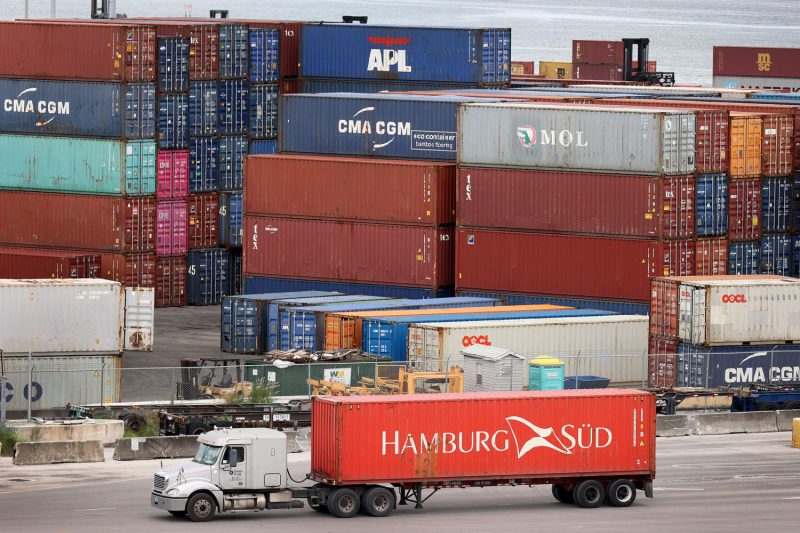
Race Against Time: Retailers Rush to Clear Billions in Cargo Amid East Coast Dockworkers’ Strike Threat
Retailers Scramble to Move Billions in Cargo as East Coast Dockworkers Prepare to Strike
The recent news of East Coast dockworkers preparing to strike has sent shockwaves through the retail industry. With billions of dollars’ worth of cargo potentially at risk, retailers find themselves in a race against time to secure alternative shipping routes and minimize the impact on their supply chains.
The threat of a strike comes at a particularly vulnerable time for retailers, as the holiday season approaches and demand for goods surges. Any disruption to the flow of goods from key ports on the East Coast could have far-reaching implications for businesses and consumers alike.
In response to the looming strike, retailers are working swiftly to devise contingency plans and find alternative methods of transporting their goods. This includes rerouting cargo through other ports, increasing shipments by air or rail, and even adjusting production schedules to accommodate delays.
One of the major concerns for retailers is the potential delays and increased costs that could result from rerouting shipments. Moving cargo through alternative ports can lead to longer transit times and added expenses, which may ultimately be passed on to consumers in the form of higher prices.
Furthermore, the uncertainty surrounding the strike has led to a sense of urgency among retailers to secure their supply chains. Many companies are stockpiling inventory and accelerating shipments in an effort to mitigate the impact of any potential disruption.
The looming strike also highlights the importance of diversifying supply chains and reducing reliance on key chokepoints. As demonstrated by the current situation, disruptions at a single port can have widespread repercussions across the entire industry. By spreading out sourcing and distribution networks, retailers can better protect themselves against future disruptions.
Overall, the pending strike by East Coast dockworkers serves as a wake-up call for retailers to reevaluate their supply chain strategies and strengthen their resilience against unforeseen events. In a global economy where supply chains are increasingly interconnected, the ability to adapt quickly to disruptions is crucial for maintaining business continuity and meeting consumer demands. As retailers scramble to move billions in cargo amidst the threat of a strike, the coming weeks will prove to be a test of their agility and preparedness in the face of uncertainty.
